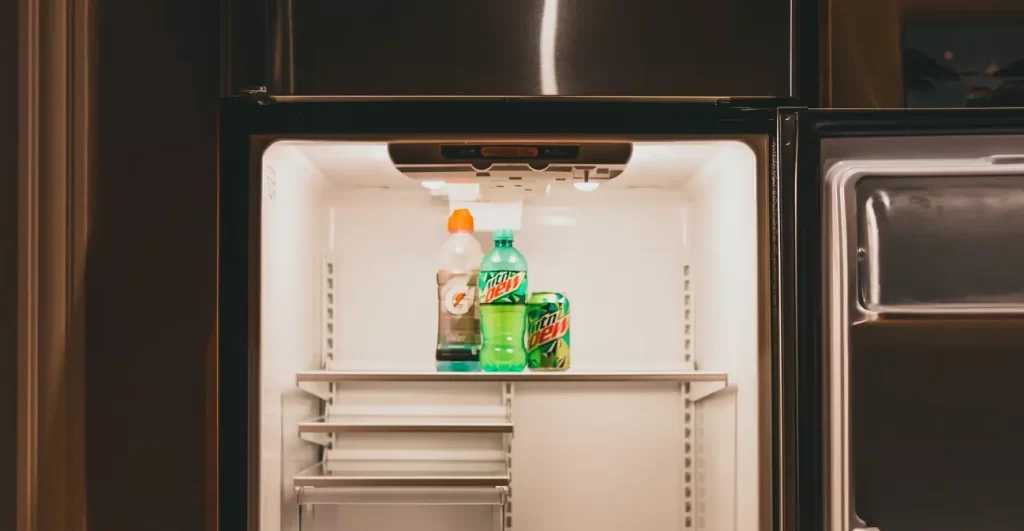
The number of watts required to run a refrigerator can vary significantly depending on the size, model, and efficiency of the appliance. However, here are some general guidelines:
Small Refrigerators (Mini-Fridges):
Typically use between 50 to 100 watts when running.
Startup wattage can be higher, often around 200 watts.
Standard Residential Refrigerators:
Generally use between 100 to 800 watts when running.
Startup wattage can be much higher, sometimes up to 1200-1500 watts or more, due to the compressor kicking in.
Large Refrigerators (Side-by-Side or French Door Models):
Can use between 150 to 1000 watts when running.
Startup wattage can be quite high, potentially reaching 2000 watts or more.
Calculating Energy Consumption:
To get a more accurate estimate of how many watts your specific refrigerator uses, you can check the following:
Nameplate Rating: Look for a label inside the refrigerator that provides information on voltage and amperage. Multiply these two values to get an approximate wattage (Watts = Volts x Amps).
Energy Guide Label: Many refrigerators come with an energy guide label that provides an estimated annual energy consumption in kilowatt-hours (kWh). This can help you understand overall energy usage.
Kill-A-Watt Meter: You could also use a device like a Kill-A-Watt meter to measure the actual power consumption over a period of time.
Example Calculation:
If a standard refrigerator runs at 200 watts and operates for about 8 hours a day on average, its daily energy consumption would be:
Daily Energy Consumption = 200 watts * 8 hours = 1600 watt-hours or 1.6 kWh per day
Keep in mind that refrigerators cycle on and off throughout the day, so they are not running continuously at their rated wattage.
Factors Affecting Power Consumption:
Age and Efficiency: Older models tend to be less energy-efficient.
Size and Capacity: Larger refrigerators generally consume more power.
Temperature Settings: Lower temperature settings can increase energy usage.
Frequency of Opening Doors: Frequent opening can cause the refrigerator to work harder to maintain its internal temperature.
Ambient Temperature: Higher room temperatures can make the refrigerator’s compressor work harder.
For the most precise information, refer to the specifications provided by the manufacturer or use a power measurement tool.



